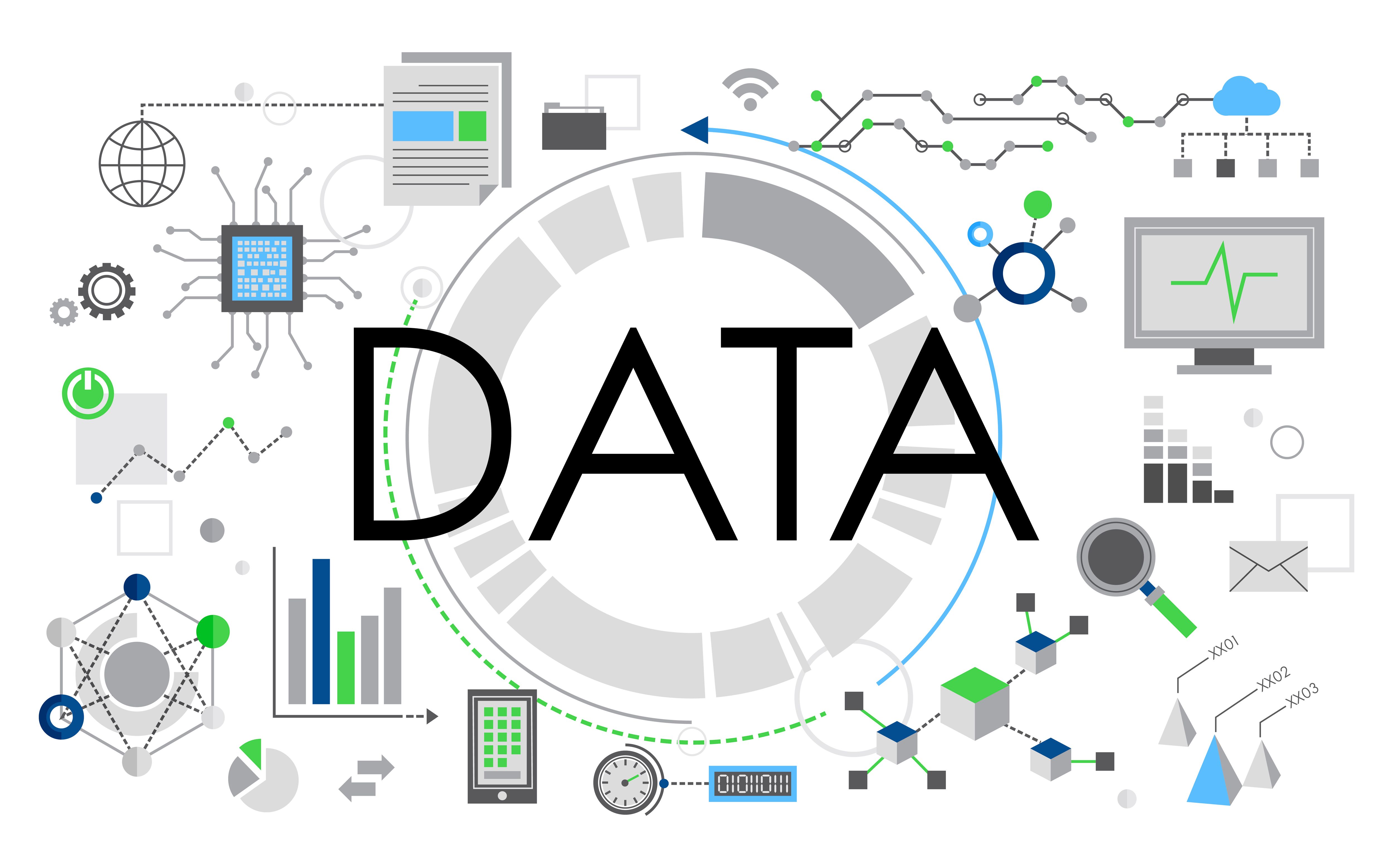Big Data & Analytics
How Big Data and Analytics Solutions Transform Modern Enterprises
Nadiia Sidenko
2024-09-18
Data has become the most valuable asset for businesses of all sizes. From improving customer experiences to optimizing supply chains, big data and analytics solutions have the potential to unlock new growth opportunities. But how can your business truly benefit from these solutions? Let’s explore some real-world examples and tangible strategies that are helping both large and small companies thrive.

How Big Data and Analytics Solutions Transform Modern Enterprises
The Impact of Big Data
Example 1: Walmart’s Predictive Analytics in Action
Walmart, the retail giant, processes massive amounts of data every hour. By using big data and analytics services, they’ve revolutionized their inventory management. Walmart employs predictive analytics to forecast customer demand, ensuring that shelves are stocked with the right products at the right time.
As a result, they’ve reduced stockouts, optimized their supply chain, and saved millions of dollars in operational costs. This level of efficiency gives Walmart a significant competitive edge in the crowded retail market.
Example 2: Local Café Using Predictive Analytics to Boost Sales
But it’s not just big corporations benefiting from analytics. A small local café analyzed its sales data and weather patterns to predict which beverages would be most popular on rainy days. By preparing in advance and offering promotions on those days, the café managed to increase sales and build stronger customer relationships.
This simple yet effective use of predictive analytics for small business highlights how even minimal data can provide actionable insights, helping smaller companies compete in their local markets.
Why Your Business Needs Big Data Analytics: Key Benefits
Let’s get to the heart of the matter: What can big data and analytics solutions actually do for your business? Below are four key benefits that companies of any size can realize by incorporating analytics into their operations:
- Smarter Decision Making:
Decisions backed by data are inherently stronger. For example, a manufacturer might use analytics to monitor production lines, identifying inefficiencies and predicting machinery failures before they occur. Instead of waiting for a problem to happen, they can act in advance, reducing downtime and saving money.
- Enhanced Understanding of Customer Behavior:
Analytics tools can help businesses dive deep into customer data. If you run an eCommerce store, you might discover that customers are abandoning their shopping carts at a specific step in the checkout process. By identifying this point of friction, you can make changes that lead to more completed purchases and increased sales.
- Optimized Supply Chains:
Transportation companies like UPS leverage big data and analytics services to streamline their operations. By analyzing delivery routes and vehicle performance, UPS reduces fuel costs and ensures timely deliveries. Whether you’re managing a global logistics company or a small business with a few delivery trucks, data can help you refine your processes for maximum efficiency.
- Innovation and Market Insight:
Big data allows businesses to stay ahead of market trends. Take the fashion industry, for example. By analyzing social media trends, a fashion retailer can predict which styles will be in demand next season, allowing them to adjust their inventory and marketing strategies accordingly.
Are You Maximizing the Benefits of Big Data?
It’s one thing to understand the benefits of big data and analytics solutions, but the real question is: Are you fully utilizing these tools in your business? Here are a few thought-provoking questions to consider:
- Are you still relying on gut feelings when making important business decisions?
- Could you be missing opportunities by not analyzing your customer data in-depth?
- Are operational inefficiencies costing you time and money that could be saved with predictive analytics?
By answering these questions, you can begin to assess whether your current approach is helping or hindering your business’s potential growth.
Practical Applications of Predictive Analytics: Solving Real Business Problems
Marketing: Reducing Customer Churn
In industries like telecommunications, customer churn is a significant problem. Telecom companies are now using predictive analytics for business to analyze customer data and identify those who are likely to switch to a competitor. With this information, they can offer targeted incentives to retain at-risk customers.
This is not just for large corporations—small businesses can also benefit from understanding which customers are at risk and what actions can be taken to keep them engaged.
Manufacturing: Reducing Downtime with Predictive Maintenance
Manufacturers face costly equipment downtime if problems aren’t addressed promptly. With big data and analytics services, companies can monitor equipment health through sensor data and predict when maintenance is needed. A major automotive manufacturer, for example, implemented predictive maintenance across its factories and reduced downtime by 50%, saving millions in lost productivity.
Big Data for Small Businesses: Overcoming Common Challenges
It’s easy to think that big data and analytics solutions are only accessible to large corporations with deep pockets, but that’s no longer the case. Small businesses can benefit just as much from data analytics, especially with the right support.
Many small businesses don’t have the in-house resources to handle complex data analysis. That’s where partnering with a big data and analytics services provider can make a difference. These services offer the expertise and tools needed to turn raw data into meaningful insights, without the need for a full-time analytics team.
Consider a small online retailer. By analyzing sales data, they can pinpoint which products are popular and during which months. With this knowledge, they can allocate marketing budgets and inventory resources more efficiently, focusing on the products and times that matter most. This ensures they aren’t wasting resources on less profitable areas.
Creating a Data-Driven Culture: Why It Matters for Long-Term Success
Incorporating big data and analytics solutions into your business isn’t just about immediate gains—it’s about building a long-term, data-driven culture. When you make decisions based on facts and figures, rather than intuition, you create a more resilient and adaptable organization.
The companies that lead the market in today’s fast-paced business environment are the ones that understand how to use data effectively. Whether it’s streamlining processes, improving customer experiences, or discovering new opportunities, businesses that adopt a data-first mindset are setting themselves up for sustainable growth.

Interactive Challenge
Interactive Challenge: Is Your Business Ready for Big Data?
Let’s make this practical. Answer these questions to assess if your business is ready to implement big data and analytics solutions:
- Are you struggling to make data-driven decisions due to a lack of clear insights?
Yes / No
- Do you have customer data that you aren't fully utilizing?
Yes / No
- Would predictive analytics help you forecast demand or optimize inventory?
Yes / No
- Do you want to increase efficiency by identifying bottlenecks in your operations?
Yes / No
- Could your marketing campaigns benefit from more precise targeting based on customer behavior?
Yes / No
What Your Answers Mean:
If you answered “Yes” to 3 or more questions, your business could greatly benefit from implementing big data and analytics services. Whether you’re looking to optimize operations, improve customer retention, or drive sales, these solutions offer valuable insights that can drive your growth.
If you answered “No” to most questions, your business may not yet need comprehensive analytics tools, but as you scale, it will become increasingly important to leverage data-driven insights to stay competitive.